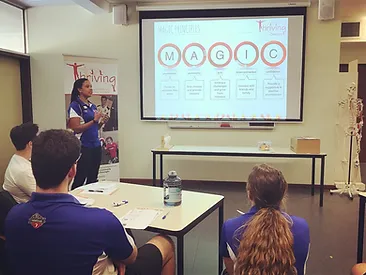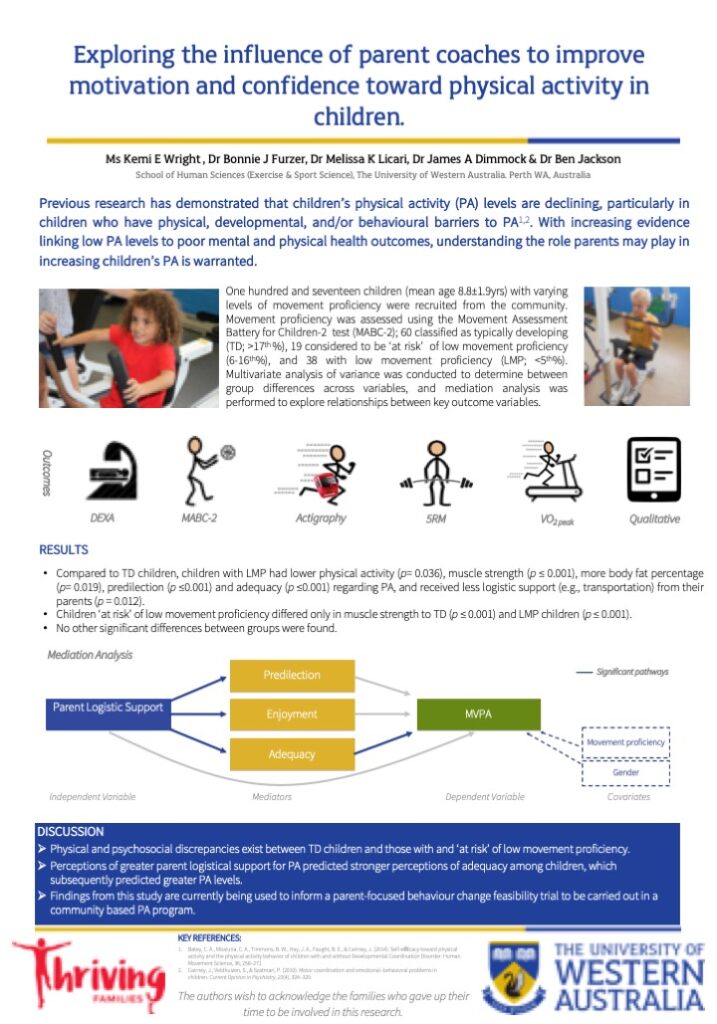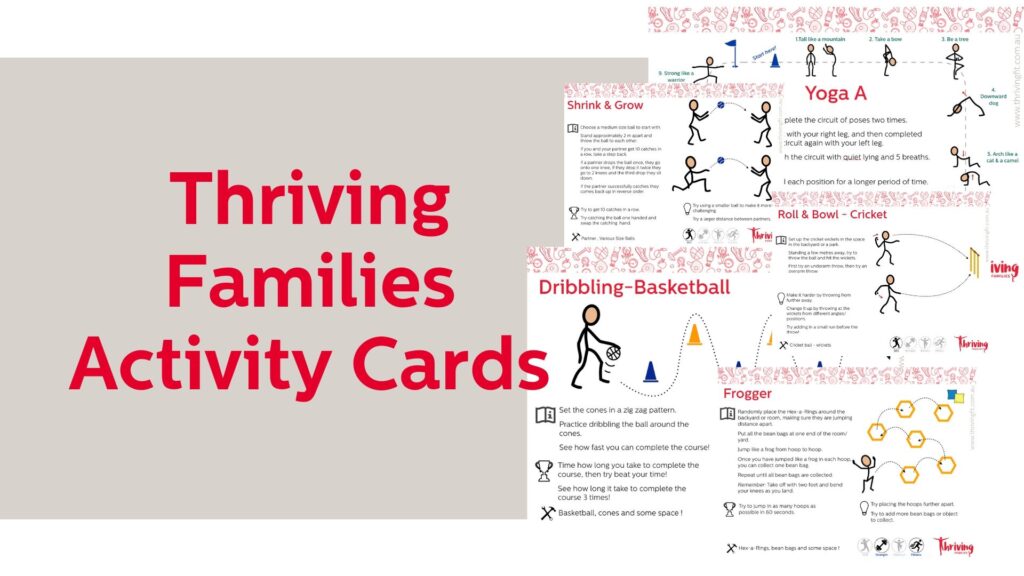
Thriving is engaged in a number of different research projects exploring exercise and health in young people, and hand-in-hand with community partners.
Much of our work is done in partnership with:


Community-based education program developed to improve the mental health literacy of Telethon beneficiaries (i.e., volunteers, staff and families) and WA community to improve the access to critical services for WA young people experiencing mental distress or crisis.
Community based, early intervention for young people who are developing, or at risk of, mental health disorders is critical, and the longer the delay to seek support, the more difficult a young person’s recovery may be. Effective and efficient mental health care can help prevent and/or treat problems from becoming more serious and reduce the impact on other aspects of life e.g., school dropout, social withdrawal, self-harm and suicidal ideation and drug and alcohol problems.
Our goal is to deliver targeted mental health training to support the growing need of increased mental health concerns for the young people in WA. By up-skilling Telethon beneficiaries and the WA Community, we will:
a) improve their knowledge of mental illnesses;
b) increase their confidence in providing support for young people experiencing mental health challenges;
c) improve their confidence to provide mental health crisis management (i.e., identification of crisis, and provision of support professional help is received, or the crisis resolves).
In turn, we aim to directly improve the mental health outcomes (e.g., mental distress, stigma) for young people in the WA community who are experiencing a mental health problem or crisis (e.g., suicidal ideation, self-harm) while building the mental health literacy of community service providers.

Designed and delivered by the Thriving team alongside staff from the UWA Exercise & Performance Centre, the program is designed to support the physical and mental health of youth undergoing treatment for SUD and shed light on the potential role of exercise within these programs.
In partnership with UWA School of Human Sciences this program is investigating the impact of a structured exercise program on:
(a) physical and mental health outcomes,
(b) compliance to one’s rehabilitation program/goals
(c) exercise related perceptions, among youth undergoing treatment for SUD and associated mental health disorders.
Substance use disorders are a mental health disorder experienced by young people affecting 12.7% of Australian youths. Youth taking part in SUD residential programs are significantly ‘at risk’ for short/long term impacts on health, exacerbated by inactivity. Exercise implemented in adult SUD populations has demonstrated benefits, however youth services are severely under serviced in WA and nationally.
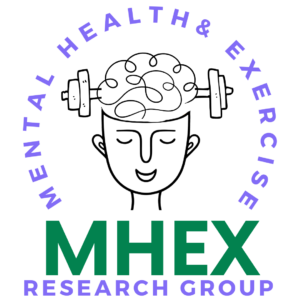


Central Auditory Processing Disorder (CAPD) in school-aged children is associated with auditory and mental health difficulties. Our project aims to improve children’s ability to process spoken information and their mental health using a novel treatment of rhythmic exercise and music.
CAPD affects 3-7% of children (31,012 in WA), and whilst children with CAPD can hear they have difficulty understanding sounds (ASHA, 2005; Choi et al., 2019). The impacts of CAPD can lead to social, emotional and academic problems, and children with CAPD often experience mental health issues due to stress/anxiety in school and social situations (Eschenbeck et al., 2017).
There are limited effective interventions to improve children’s’ listening and associated development, and CAPD is often left unresolved and issues persist into adulthood causing social, emotional, health and economic burdens on individuals (Sharma et al., 2012).
These challenges highlight the urgent need to develop and implement treatment that is accessible, engaging and beneficial for children. Combining our expertise in audiology, neuroscience, and exercise physiology, we will develop and trial a novel intervention using exercise and music.
Exercise is known to positively influence brain development as well as indicators of physical and mental health, and combining exercise with music has been shown to improve the auditory processing abilities crucial for understanding speech (Shamma, 2001) and emotional regulation in children (Scharoun et al., 2014).
Our new and engaging approach may improve the lives of thousands of children and their parents, helping them to overcome social and academic difficulties and live their best lives.
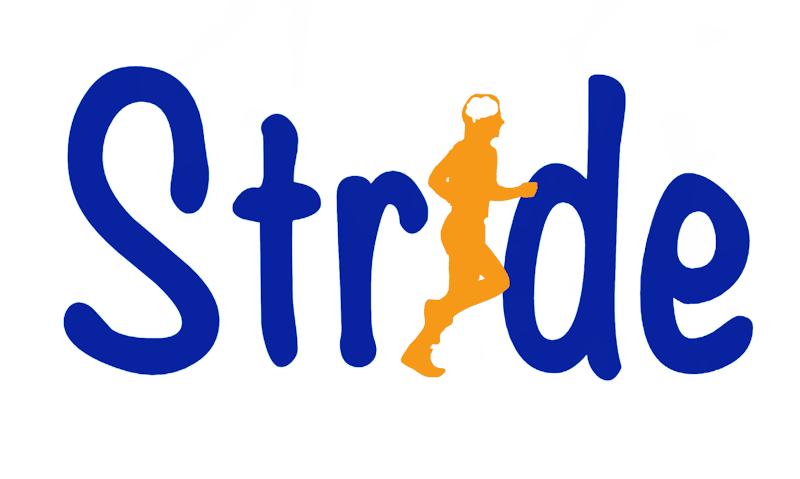
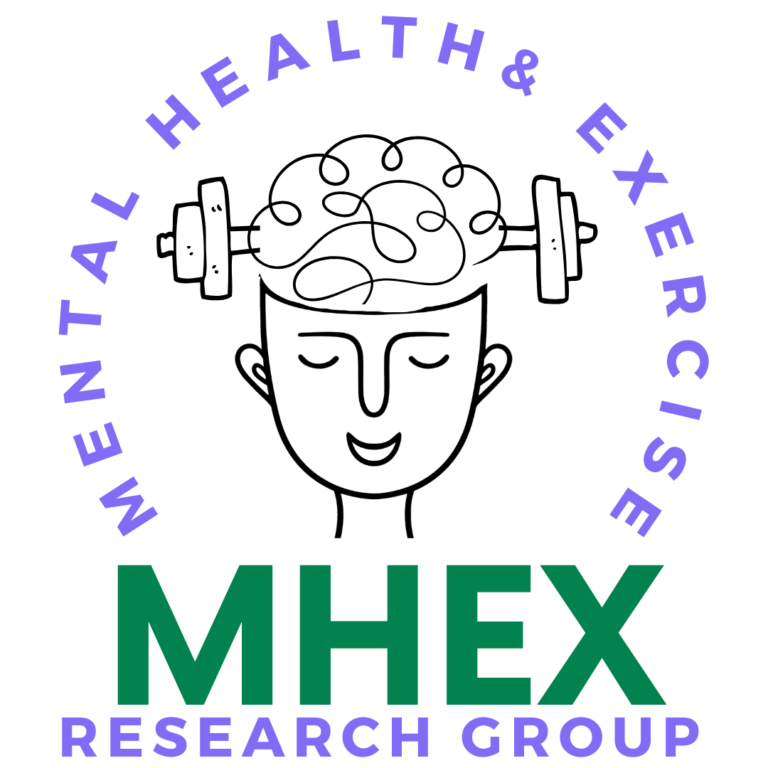

University life provides wonderful opportunities for social, personal, and academic growth; however, it does not insulate students against mental health problems. In fact, conservative estimates indicate that more than 200,000 Australian students may experience mental health problems each year.
Regular exercise offers varied benefits for young people with mental health problems, including improved symptomology. Exercise programs can also incorporate structural features (e.g., peer support) that are important in promoting supportive environments for students. However, universities are yet to integrate exercise provision within the treatment of student mental health problems.
In 2020, the Stride program was launched at UWA – a structured, 12-week, mentor-led exercise program for students with mental health problems. The Stride program is a first-of-its-kind in Australia, a supervised, referral-based, peer-led free 12-week exercise program for students who are experiencing mental health difficulties and now being rolled out and evaluated at UNSW.
The aims of this project are to (a) document the development of the Stride program, (b) examine, and report in detail on, the feasibility of the program, (c) test the effectiveness of the program through a randomised controlled trial, and (d) better understand trajectories of change in mental health indicators among students
The Thriving Families research project is investigating changes in the physical literacy of children with physical, developmental and/or behavioural barriers to participation. The program involves both parents and instructor as ‘coaches’ who participate in workshops designed to improve their knowledge and skills on building children’s confidence and motivation towards physical activity.
Four out of five children do not meet current recommendations for physical activity, in particular, those children with physical, developmental &/or behavioural barriers. One reason for this problem is a lack of physical literacy (i.e. the motivation, confidence, physical competence, knowledge, and understanding that help individuals maintain regular physical activity throughout life). This research will evaluate the feasibility and effectiveness of utilising parent ‘coaches’ and a community based physical activity program to improve the physical literacy outcomes of children.
